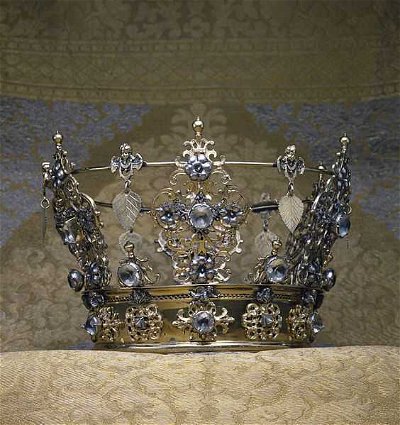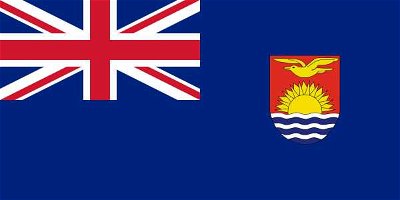Yes, history has had its share of foibles. This quiz covers ten of them.
Tough, 10 Qns, ncterp,
Oct 17 25
|
|
 We visit Europe, Asia, North America and Africa and step back as far as the 6th Century in this whirlwind test of general knowledge.
We visit Europe, Asia, North America and Africa and step back as far as the 6th Century in this whirlwind test of general knowledge.  We visit Europe, Asia, North America and the Pacific Ocean and step back as far as the 1st Century A.D. in this whirlwind test of general knowledge.
We visit Europe, Asia, North America and the Pacific Ocean and step back as far as the 1st Century A.D. in this whirlwind test of general knowledge. |
|
|
|
|
|
 = Top 5% Rated Quiz,
= Top 5% Rated Quiz,
 Top 10% Rated Quiz,
Top 10% Rated Quiz,
 Top 20% Rated Quiz,
Top 20% Rated Quiz,
 A Well Rated Quiz
A Well Rated Quiz
· All questions, answers, and quiz content on this website is copyright FunTrivia, Inc and may not be reproduced without permission. Any images from TV shows and movies are copyright their studios, and are being used under "fair use" for commentary and education.